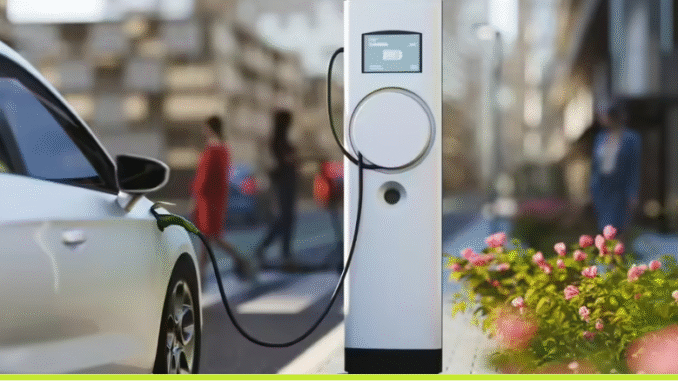
New Delhi – In a significant judicial intervention that addresses systemic delays in electric vehicle policy implementation, the Delhi High Court ordered the state government to expedite EV subsidy disbursal to eligible beneficiaries, rejecting administrative excuses and mandating immediate corrective action. The court’s directive, issued in response to a public interest petition, addresses widespread concerns about policy implementation gaps that have undermined consumer confidence in government EV incentive programs.
Judicial Intervention Addresses Administrative Delays
The Delhi High Court specifically rejected the administration’s argument that the EV Policy lacks specified timelines for subsidy disbursal, emphasizing that policy silence cannot justify indefinite delays in benefit distribution. The court’s position establishes important precedent regarding administrative accountability in policy implementation, particularly for programs involving direct financial benefits to citizens.
The petition was filed by Jan Seva Welfare Society under Article 226 of the Constitution, seeking a writ of mandamus against the government for failing to release pending subsidy amounts to EV buyers. The society, led by President Ajay Aggarwal and Secretary Sanjana Gupta, emphasized that thousands of EV buyers had been waiting for months despite adequate government fund availability.
Systemic Issues Revealed Through Transparency Mechanisms
The petition’s foundation rested on information obtained through Right to Information Act (RTI) applications, which revealed the systematic non-release of EV subsidies despite policy commitments. This transparency-driven approach demonstrates how citizen oversight mechanisms can expose implementation gaps in government programs, particularly those involving complex bureaucratic processes.
The petitioner clarified having no personal interest in the matter, acting purely in public interest, which strengthened the court’s consideration of the case as addressing broader systemic issues rather than individual grievances. This public interest approach enabled comprehensive judicial scrutiny of policy implementation mechanisms.
Institutional Accountability and Implementation Framework
The court identified the Government of NCT of Delhi as the primary authority responsible for implementing public policies and ensuring benefits under the EV Policy, while designating the Transport Department as the nodal agency responsible for processing subsidy claims, maintaining beneficiary records, and ensuring policy framework compliance.
As a direct remedy, the court directed the Transport Department to establish a dedicated bank account specifically for EV subsidy disbursal and ensure immediate release of subsidies to eligible beneficiaries. This institutional solution addresses both immediate relief for affected consumers and systemic improvements in administrative processes.
Implications for EV Policy Implementation Nationwide
The Delhi High Court’s intervention carries broader implications for EV policy implementation across India, establishing judicial precedent for holding state governments accountable for timely benefit distribution under electric vehicle promotion schemes. The decision reinforces that policy announcements must be backed by effective implementation mechanisms and administrative capacity.
This judicial oversight also strengthens consumer confidence in government EV incentive programs, addressing a significant barrier to electric vehicle adoption. By ensuring that promised benefits are delivered reliably and promptly, the court’s directive supports the broader policy objective of accelerating clean mobility transition through effective fiscal incentives.


